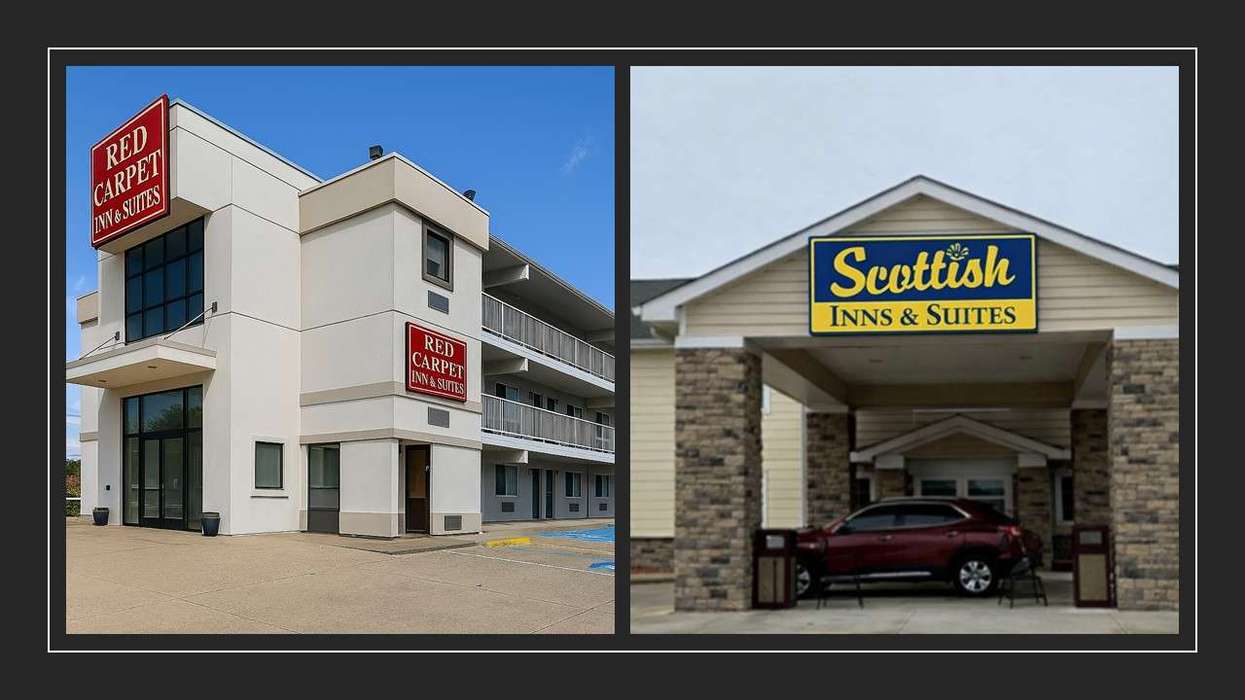U.S. HOTELS HAVE reported a higher spa revenue than room revenue and total operating revenue, according to CBRE Trends in the Hotel Spa Industry. It is the second time spa revenues surpassed all other revenues since CBRE started publishing the report.
During 2018, 159 hotels in the survey sample achieved a 3.7 percent RevPAR growth, which led to a 3.8 percent rise in total operating revenue. Concurrently, spa department revenue increased by 4.8 percent.
The authors, Mark VanStekelenburg and Jenna Finkelstein, forecast a RevPAR increase of less than 1.5 percent through 2021 and call the spa department as an opportunity for hotel owners.
“Wellness is a growing desire in minds of guests, and hotels can capitalize on this trend,” the authors said.
In 2018, hotels with fewer than 200 rooms posted the highest increase in revenue at 13.3 percent, as well as the highest increase in profits at 12.5 percent. As in the previous years, despite rising labor expenses, decreases in other department operating expenses along with revenue increases led to profit gains for all hotel spas.
Both urban and resorts hotels saw an increase in spa revenues in 2018 of 3.3 percent and 5.3 percent respectively as well as an increase in spa department profit.
Under the size category, hotels between 200 and 700 rooms experienced the smallest increase of spa department revenue, 3 percent, while hotels with more than 700 rooms increased spa revenue by 3.6 percent.
The spa revenue of hotels with less than 200 rooms increased by 13.3 percent.
In terms of customer segmentation, 53 percent of hotel spa customers in 2018 were hotel guests while four percent were spa members and 43 percent local/others.
Some 61 percent of urban hotel spa customers are locals while resort hotels attribute 62 percent of their customer base to hotel guests.
“While the culture shift towards health-consciousness and environmentalism provides hotels spas opportunities to capture more revenue through creative initiatives, rising labor costs have put upward pressure on operating expenses,” VanStekelenburg and Finkelstein said. “Hotel spas will be successful through the adoptions of cost-reducing initiatives, cross-training, and customer-centric offerings.”
The recent HVS 2019 performance report also found spas as the major contributors for U.S. upper-upscale and luxury hotels.




